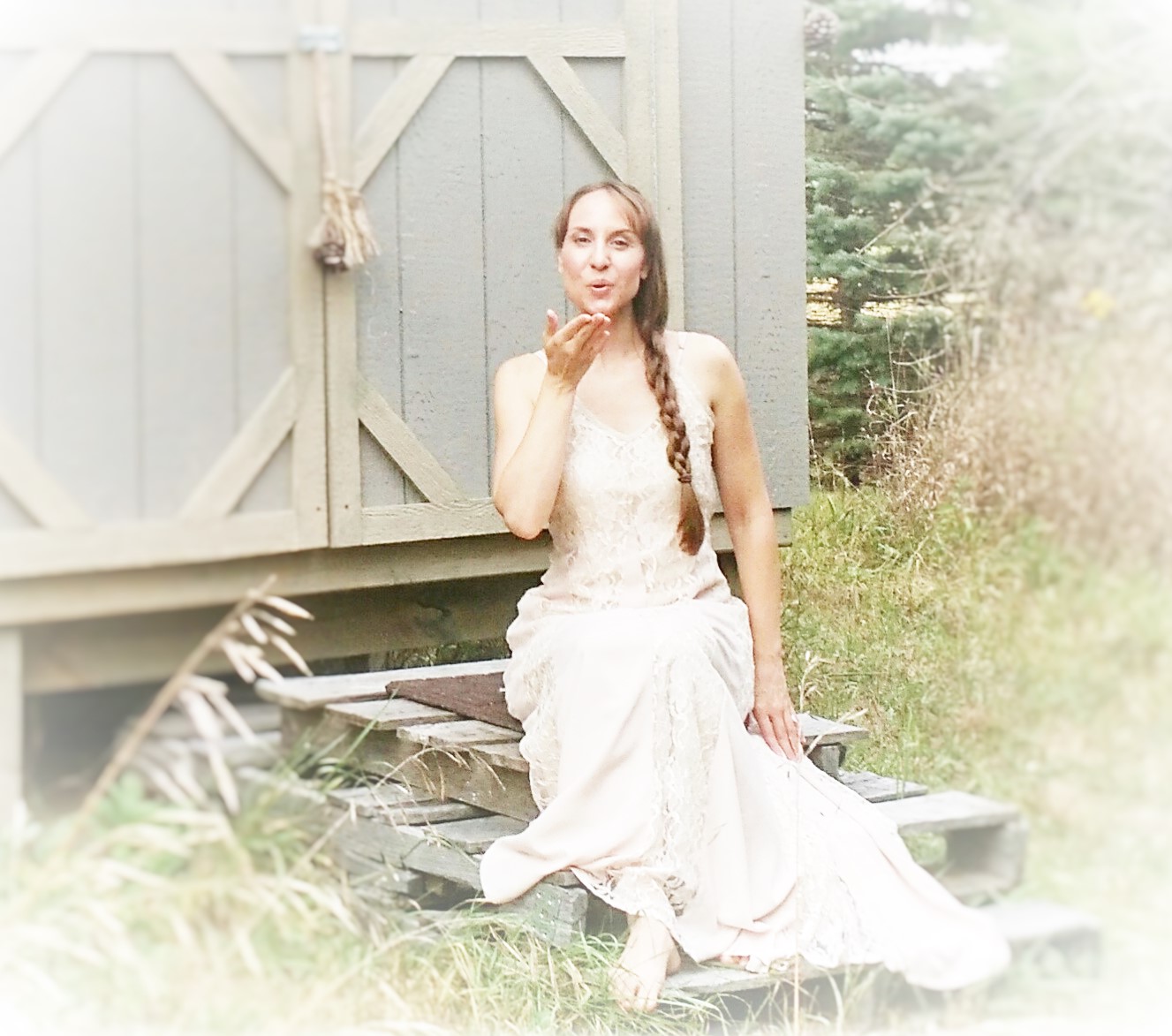I had an interesting experience recently: I attended a day-long Vocal Conference, full of wonderful seminars and training sessions. There were many amazing, accomplished, and knowledgeable presenters.
It was a wonderful day and I learned a lot. There was one thing that really stuck out to me, though, that I’d like to consider further with you.
During part of the day, there was a vocal masterclass. A masterclass is where a singer performs for an audience, and one to three “master” teachers then work with them in front of the audience to improve some aspects of their performance. Masterclasses require so much vulnerability for the performers and the “masters.” And they can be wonderful opportunities for artistic growth.
They can also be, well, uncomfortable. And that was my experience with one of the judges in this particular masterclass. He jumped onstage with such voraciousness, pomposity, and frenetic energy that it seemed to be more about his performance than the students’. (Those who know about narcissism—and I mean true narcissism—will relate here). I could feel the entire audience contract in their seats, and the jittery anxiety rise in the singers’ bodies as they tried to take in his larger than life energy and “please” him. To me it was the exact opposite of learning to sing from an authentic, grounded, vulnerable place. It was singing to impress, rather than express.
This teacher is in the Hollywood industry, and very accomplished. Clearly, there are many people who do dig his approach. So my point here is not to judge (even though I totally admit to feeling judgement). What I truly wish to do, though, is make some distinctions that I hope can be very helpful for those of us who are looking for voice teachers, wherever we are on our vocal journey.
Aside from the obvious credentials, reviews, and experience, here are the top three qualities I’d consider when looking for a voice teacher…
1. There are different teaching styles that work for different people! Look for synergy.
This topic is dear to my heart. In the first several years of my vocal studies, I didn’t know this, and continued working with some teachers whose style did not fit with mine. Let me tell you, I suffered because of it! My teachers probably did too.
Because I wasn’t progressing as hoped, I thought something was wrong with me. This didn’t do any favors for my abilities as a performer. Can you say self-sabotage? The way that I judged myself for “not making very good progress” caused me to get more and more anxious about singing and performing.
These challenges could have been alleviated if I had known to simply search for a teacher who was more in alignment with my needs as a student. When we find such a teacher, it doesn’t mean we won’t have vocal challenges, or that our vocal growth won’t take time and patience. But we will feel so much better along the way. It’s TOTALLY important that we find a voice teacher we resonate with! It feels so good to give ourselves that gift!
2. Avoid coaches who pressure you into larger-than-life perfectionism. You know, as in the perfectionism espoused by auto-tune, photo shop, & plastic surgery.
There’s a prevalent trend in the media towards pretending to be “perfect” and “better than,” and it creates unpleasant feelings in us, It’s done intentionally, so that we are driven subconsciously and even consciously to spend, spend, spend, money, money, money. Why? Of course, in an attempt to “fix” ourselves, to be part of the in-crowd, to belong, to feel loved, adored, and worthy. It’s baloney, and it’s really affecting our self-esteem and our wallets, too! Boo!
And guess what? Voice teachers can push us into this downward spiral, either intentionally or unintentionally. Be aware of how you feel about your progress. If you’re consistently feeling unsafe or unaccomplished, and leave your lessons feeling downhearted rather than uplifted, then it’s a good sign that it might be time to reconsider.
What is the remedy for all of this perfectionism? Well, it lies in singing from a deeper place. The place in #3…
3. Choose coaches who inspire you to sing from a desire to express rather than impress.
This reason to sing abides deep within us all. To find it, we dive in to connect with the instinctual, core aspects of ourselves that must sing. That primeval part of us that sings because we’re human and we’re alive. Because we have a life experience and something to say about it. Because that’s how our ancestors did it, that’s how nature calls us to do it, and that’s just how it’s done, damn it.
We sing to express, to connect, to feel free, and feel good. We sing because we have a deep, guttural, primal need to express. Once we make that connection, this need simply cannot be ignored. Our voices then rise up from the depths, and they rise because they must!
This is why we sing!
When we connect with and sing for those reasons, it no longer matters who says what about our voices. This kind of singing is daring and bad-ass, and even when our life force has nearly been drained from our bodies, this kind of singing breathes life back to us. When we sing like this, we and everyone else are better for it, because we’ve connected to and expressed our wholeness. It’s called authenticity, and our world can use a whole lot more of it. It’s a gift to ourselves, our communities, and our world.
So yes. I’m a fan of singing like that. Do I always achieve that when I sing? Of course not. But I’m always digging in to search for it. And I advocate always for voice teachers who champion and can help guide you in this direction.
What about you? What has your experience been? And what words of wisdom do you more experienced singers have for those just starting out?
With Love & Om On,
Kimberly

Hi! I’m Kimberly Harrison, singer and voice teacher on a mission… to help YOU enjoy your voice and your life more. You can do it in so many simple ways. A great way to start is by asking yourself “What Makes YOUR Soul Sing?” and then letting the answers be your guide…


Kimberly, this is such important information for singers. Thank you for spelling it out. I’m sharing this!
Terri, you’re such an ingenious proponent of authenticity in singing and life. Honored you enjoyed and thank you for the share!